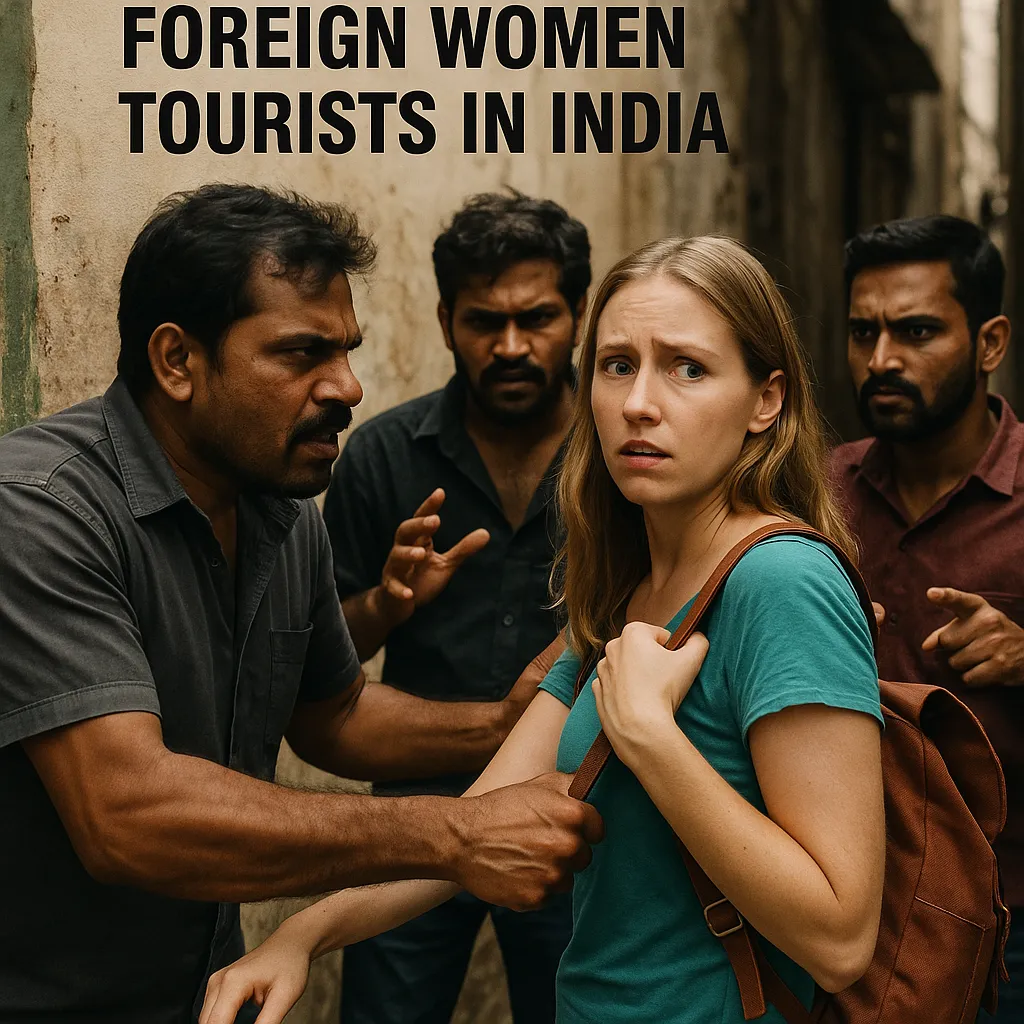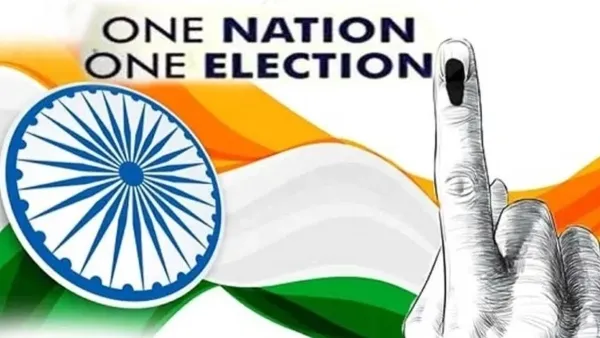
Rising Crimes Against Foreign Women Tourists in India
- June 10, 2025
- Reading Time : 10 mins read
India, a land celebrated for its spiritual heritage and the ancient adage “Atithi Devo Bhava” (The guest is God), is currently grappling with a disturbing contradiction. While tourism campaigns highlight India’s hospitality, a series of heinous crimes against foreign women tourists has marred the country’s global image. The U.S. Department of State, in its latest travel advisory, has warned its citizens, particularly women, not to travel alone in India. The warning is grounded in a grim reality: sexual violence, particularly rape, remains one of the fastest-growing crimes in the country. The UK’s travel advisory for India delivers a stark warning: “Serious sexual attacks involving both Indian and foreign nationals have been reported. British women have been victims of sexual assault, including rape, across several Indian states.” It advises women to “avoid isolated areas, including beaches, even during the daytime.” Similarly, Australia urges female travellers to exercise caution, advising against traveling alone even in major cities and well-frequented tourist spots. In addition to the threat of sexual violence, foreign women tourists often face constant harassment in the form of unsolicited photography, aggressive staring, and intrusive behaviour. Many have reported being followed, groped in crowded areas, and even robbed.
Udaipur, Rajasthan (June 23, 2025): A 30-year-old French tourist was allegedly raped by an employee of an event management company. The accused is currently absconding, and a manhunt is underway.
Koppal, Karnataka (March 9, 2025): An Israeli woman and her Indian homestay operator were gang-raped while stargazing near the heritage town of Hampi. A male tourist was also murdered during the attack. All three accused have been arrested, but the incident prompted hundreds of tourists to flee the UNESCO World Heritage site.
Delhi (March 13, 2025): A British woman was allegedly raped by a man she met through social media. Her trauma deepened when she was molested by another person in a hotel lift while seeking help. Both men have been arrested.
The article by Karanjeet Kaur, published in Theprint highlights the alarming rise in crimes against foreign women tourists in India, exposing a disturbing pattern of sexual violence. She wrote Between 2016 and 2022, only 5% of rape cases involving foreign women in India resulted in convictions. The reputational damage to India’s global image is severe, compounded by viral testimonies from survivors. These crimes not only deter tourism, costing the nation economically, but also reflect issues of gender-based violence that hinder India’s progress.
These incidents are not isolated. They indicate a larger pattern of predatory behaviour, systemic failures in prevention and justice delivery, and inadequate tourist safety protocols. The ripple effect on India's tourism industry is palpable, with negative advisories impacting arrivals and denting the nation's soft power on the global stage.
The Gap Between Law and Enforcement
Despite the strong legal framework, the problem lies in inefficient enforcement, a lack of coordination among tourism departments and law enforcement, and cultural apathy toward crimes against women. Cases involving foreign tourists are often mishandled due to linguistic barriers, slow investigation processes, and bureaucratic delays, leading to loss of trust and global outrage.
Possible Solutions
To enhance the safety of foreign tourists in India and restore global confidence in the country’s hospitality, a comprehensive and multi-layered approach is essential. First and foremost, well-trained, multilingual tourist police units should be established in major travel destinations, especially those frequented by foreign visitors. These units must operate 24x7 and be equipped with cultural sensitivity training and basic foreign language skills to effectively assist international guests. Public areas, accommodations, and tourist hotspots must be outfitted with QR-code-enabled panic buttons linked to immediate response mechanisms. In parallel, the judiciary should set up fast-track courts dedicated to crimes against tourists, adhering strictly to the Bhartiya Nyaya Sanhita timelines of 60 to 90 days for swift justice. International victims must be granted immediate access to legal aid, translators, and online case tracking systems to ensure transparency and continued support. To strengthen accountability in the hospitality sector, rigorous background checks for hotel staff, homestay operators, guides, and tour operators should be made mandatory, backed by a centralized offender tracking database. Homestays and guesthouses must be brought under a strict regulatory framework, including licensing and surveillance requirements, while all hospitality staff should undergo training in identifying and responding to criminal or suspicious activities. Social media platforms and travel aggregators should partner with authorities to disseminate safety advisories and promote responsible tourism. Tourists should also be educated about the dangers of meeting unknown individuals via digital platforms and encouraged to use only verified, reputable services. Targeted safety campaigns in multiple foreign languages can further reinforce awareness by providing safety tips and emergency contacts. Lastly, community policing initiatives should be encouraged, empowering residents to participate in and contribute to the protection of visitors.
Conclusion - India’s cultural legacy and natural beauty attract millions, but safety is paramount. A single incident of sexual violence not only devastates the victim but also tarnishes the nation’s global image and impacts its tourism industry. The Bhartiya Nyaya Sanhita provides a strong foundation to fight such crimes, but it must be backed by rigorous enforcement, public accountability, and a remarkable societal shift in attitude. The safety of every visitor is the responsibility of the host. In safeguarding foreign tourists, India must rise not only to protect its guests but also to uphold the very ethos it proudly proclaims to the world, ensuring that The guest is god is not just a saying, but a lived reality.
Social Scholars is an online magazine featuring premium articles and posts in English and Hindi, focusing on social issues and news briefs. Share your perspectives and be part of an informed dialogue.
📩 Send your articles to:[email protected]
Leave a Comment
Categories
All
Books
Environment
Health
Bharat
History
Politics
Economy
Society
Science & Technology
Policy
World
News & Opinion
IKS
Defence
Panjab
Special Report


